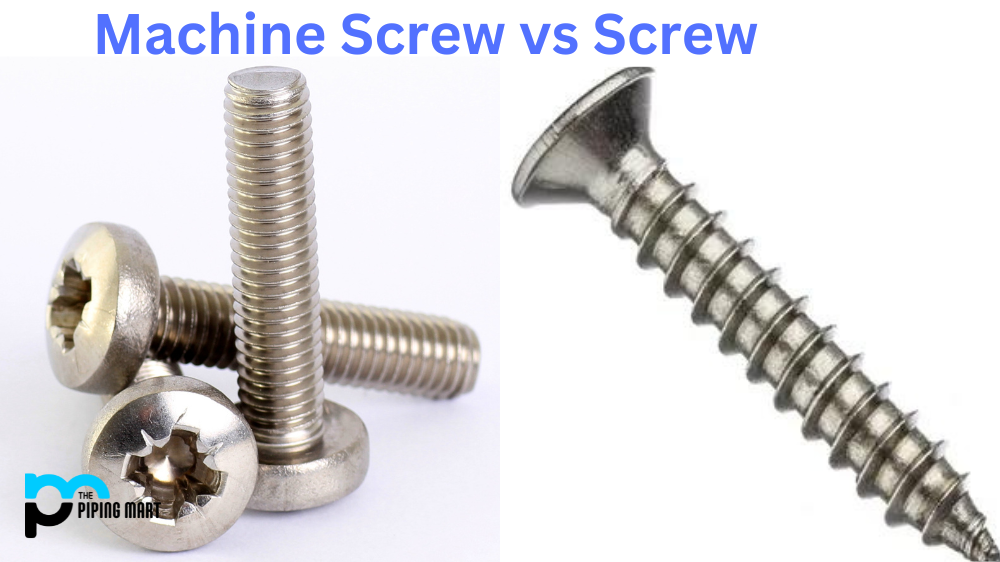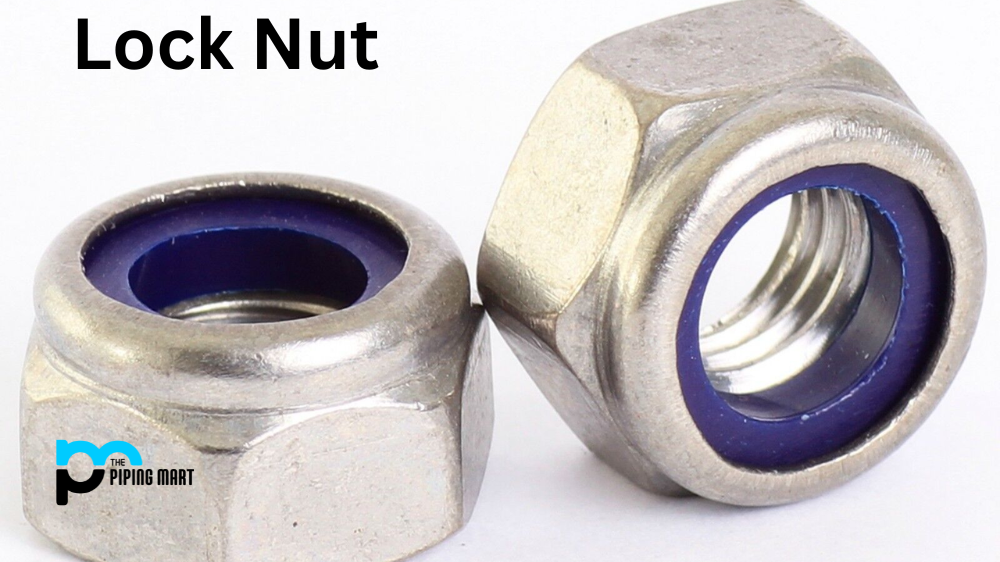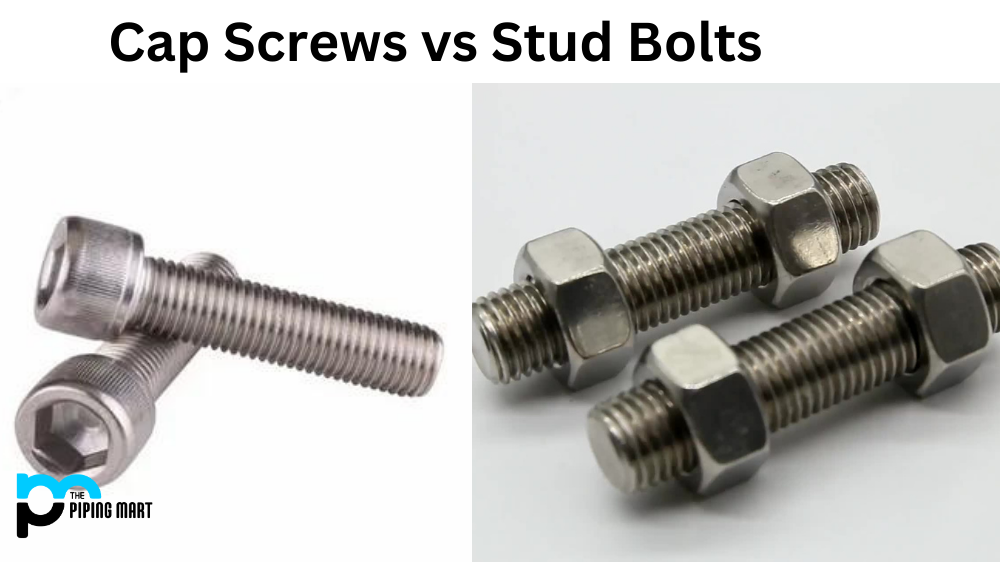Screws are the most common fasteners used in various projects, from fixing furniture to building houses. However, there are different types of screws, and sometimes the terms can be confusing. Two such types are machine screws and screws. This blog post will discuss the difference between machine screws and screws, their uses, and applications.
What are Machine Screws?
Machine screws are essentially a type of small-sized standard fasteners that have a thread on their entire shaft. They are incredibly versatile and can be used for various purposes, including connecting two metal objects or different materials. Machine screws are used mainly with nuts and washers and have a slot or cross on the head that can be adjusted using a screwdriver or a nut. Generally, the size of a machine screw is between 2mm-12mm in diameter and 8mm-150mm in length.
What are Screws?
Screws are a broader category of fasteners used in different applications. Unlike machine screws, the shaft of a screw is partially threaded and has no slots or crosses in the head. Screws are primarily used to join two or more objects and are available in different shapes and sizes. Based on their use, they can be classified into two categories: wood screws and sheet metal screws. Wood screws are often used to join wood or other related materials, whereas sheet metal screws are used to join metals.
Difference Between Machine Screws and Screws
The main difference between machine screws and screws is in their design and use. Machine screws are fully threaded and have slots or crosses on their head, whereas screws have a partially threaded shaft and no spaces or crosses. Additionally, machine screws are used with nuts and washers, whereas screws are directly screwed into materials. Machine screws are commonly used in electronic equipment, automotive assembly, and medical equipment, whereas screws are used in woodworking, metalworking, and construction.
Applications of Machine Screws
Machine screws are widely used in various applications, such as building high-end electronic equipment, aircraft assembly, and automotive assembly. They are solid and durable and can resist vibration and other environmental conditions. Additionally, they are used in medical equipment due to their antimicrobial properties and resistance to corrosion.
Applications of Screws
Screws are used in various applications, such as construction, woodworking, and metalworking. Wood screws can be used for framing, decking, and other woodworking projects, whereas sheet metal screws are used in metalworking to join metal sheets.
Other Differences
- Machine screws are screws that are designed to be used with a machine screwdriver or a power drill.
- Screws are fasteners that hold two or more pieces of material together.
- Machine screws are available in various sizes, shapes, and materials.
- The most common type of machine screw is the hex head screw.
- Other machine screws include pan head screws, flat head screws, and Phillips head screws.
- Machine screws are made from various materials, including steel, brass, and stainless steel.
- The choice of material for a machine screw is determined by the application for which it will be used.
- Machine screws are typically used in applications where a high degree of precision is required, such as in the assembly of electronic devices.
Conclusion
In conclusion, machine screws and screws are two standard fasteners used in various projects. While they may seem similar, they differ in design and use, making them suitable for different applications. Understanding these fasteners’ differences will help you choose the right one for your project. Whether in construction, woodworking, or metalworking, a screw or machine screw is ideal for your application.

Meet Bhavesh, a seasoned blogger with a wealth of knowledge and experience. From metal products manufacturing to retail, Bhavesh has a diverse background in various industries and is dedicated to sharing his insights and expertise with readers.




